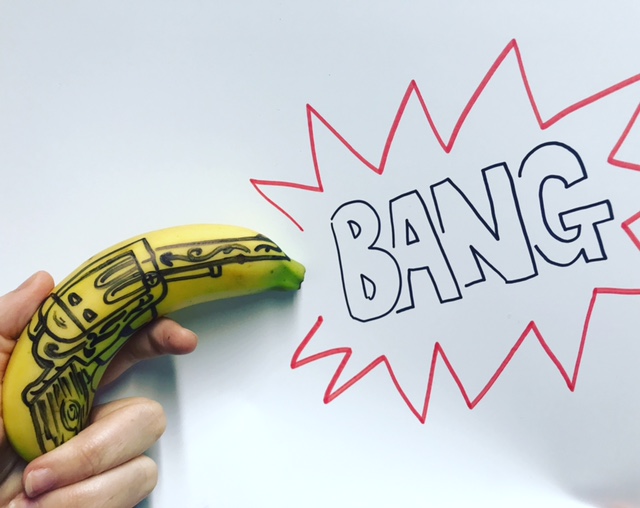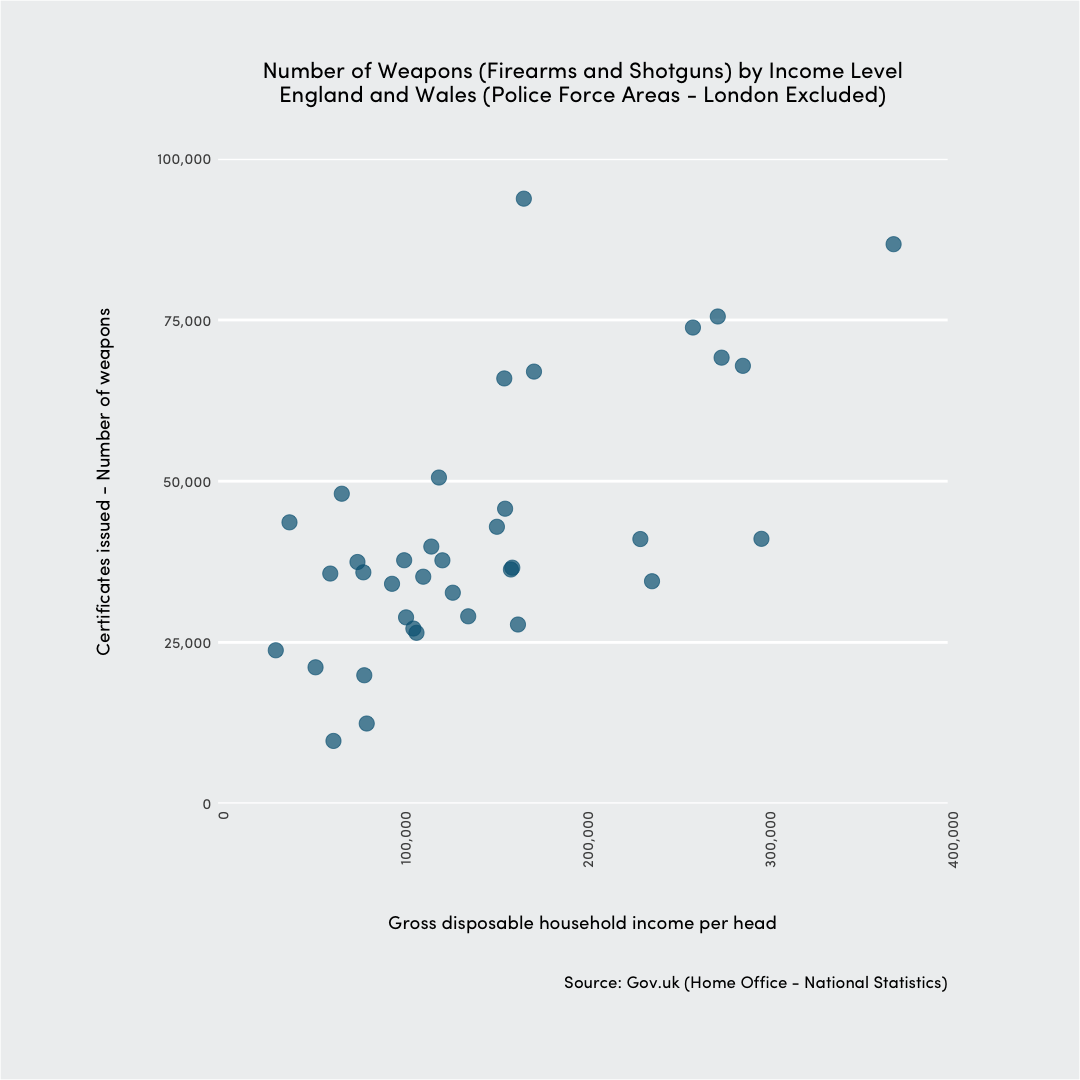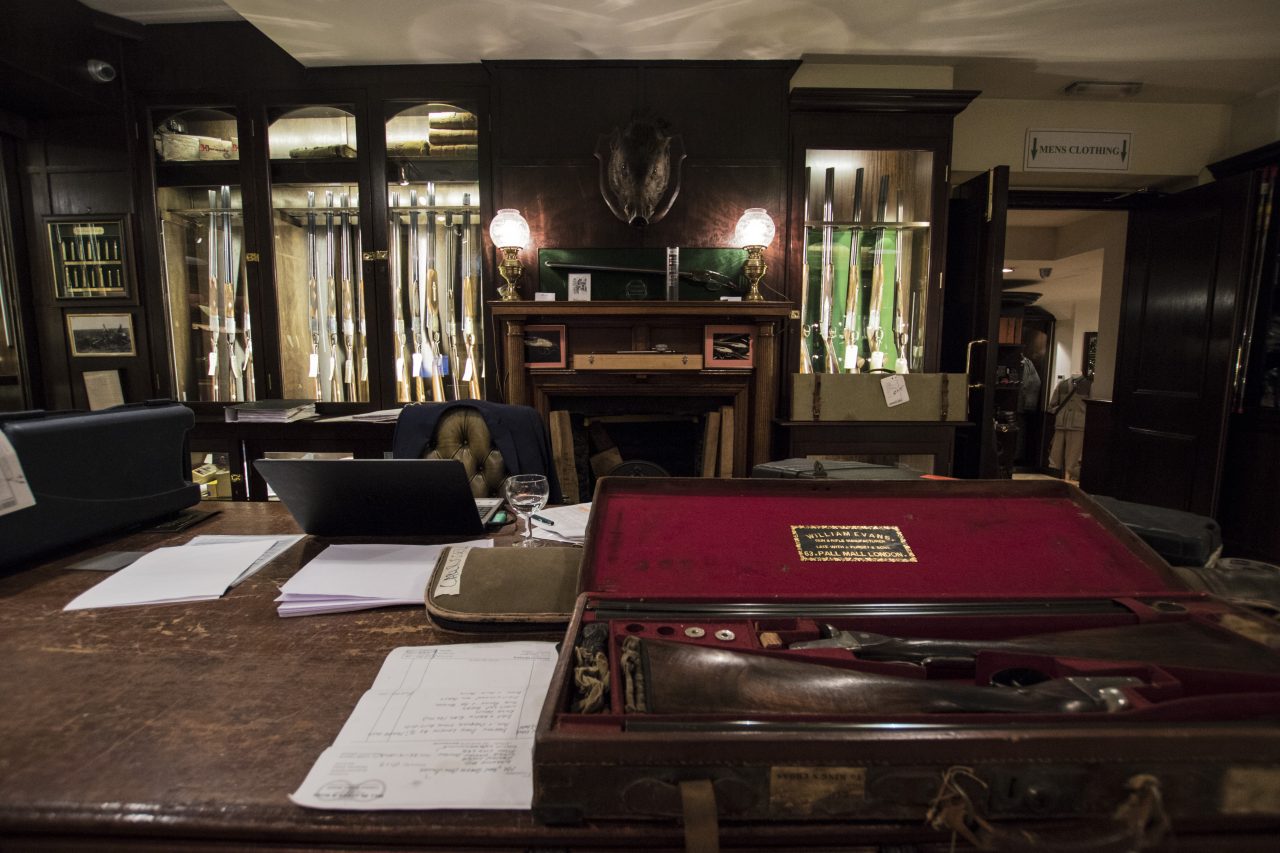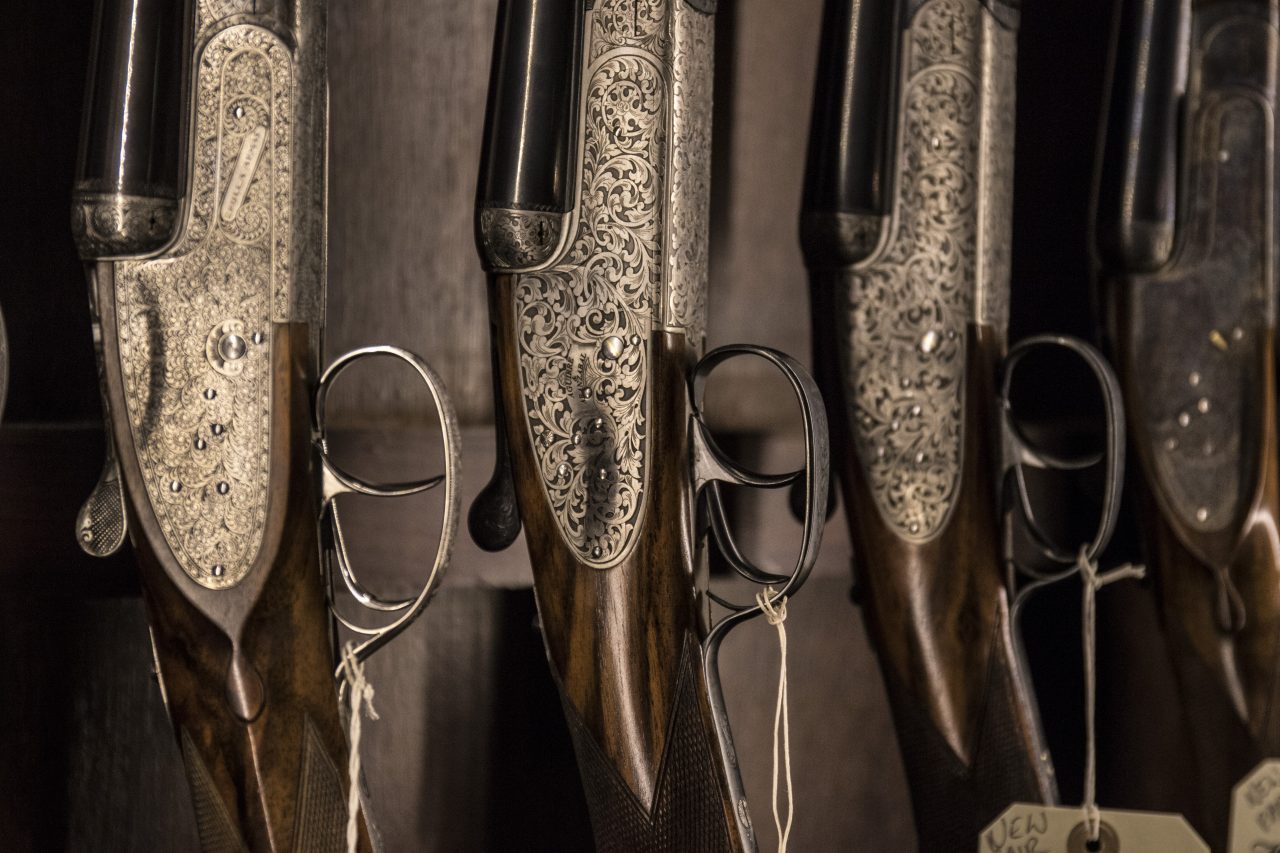
Is it ever okay to own a gun?
On 1 October 2017, Las Vegas experienced the deadliest mass shooting in America’s history.
Guns are one of the most controversial things we buy and sell in the economy.
A lot of individuals, especially Americans, think people have the right to own a gun – which basically means they have the right to a weapon that will allow them to defend themselves against each other, and their governments. Others say private gun ownership is dangerous, and can only lead to tragedies like these.
Most people, as always, are somewhere in the middle. It’s probably okay to own a gun as long as we come up with systems to make sure that people are safe. The question is, what kinds of systems genuinely work?
We’ve spent the last two weeks exploring the issue. We’ve spoken to people who own, sell, smuggle, and study guns to find out how the economy around them works, and what kinds of answers we might be able to come up with to stop tragedies like the Las Vegas shooting from happening again.
There are more gun owners in the UK than you might think...
When guns are in the headlines, it's usually the United States we're talking about. But the UK has a pretty massive gun industry too, not to mention over a million registered gun owners.
The stereotype of a UK gun owner is super rich: A tweed-jacket-wearing, horse riding, Downton Abbey kind of guy. If you look at the data of who owns guns and where they live, it kind of fits that picture – the graph below shows that there’s a pretty strong link between how rich an area is (average income by household) and how many licensed gun owners there are.

The majority of gun use in the UK is for sports, some of which, like pheasant shooting, are still really elitist. But as Dr Sam Hillyard. who researches this stuff for a living, told us, there are also a lot of people who still use guns for work.
Culture has a lot to do with the way different countries feel about guns. In somewhere like the US, guns are 'normalised' because the Constitution says people have the right to own weapons, or in places like Finland, it's because they need to keep down the number of wild animals to preserve the environment (apparently moose control is a serious problem there. Talk about first world problems.)
Dave Ewing, who works for an organisation called Firearms UK, told us he believes pretty strongly that gun owners are a persecuted group in the UK. They're not all super-rich, and lots of the people he goes shooting with come from working class backgrounds, he says.
He wants people to be proud of their sport, rather than feeling like they’re going to be blamed every time there’s a shooting. He also wishes people understood that it’s not all upper class people – working class people use guns, too. “People think guns owners are all rich toffs or lonely weirdos. It’s not true.”
Who's selling all these guns?

Once you uncover this whole community around gun owners, you realise there’s a whole industry behind it too. Makes sense - those 1.3 million people have to buy their guns from somewhere.
So we hunted down (sorry) our local gun shop to find out a bit more… and to be honest, it didn’t bust many of those fox-hunting aristocrat stereotypes. Ornate panelled walls, guns for hundreds of thousands of pounds, and actual tweed jackets to match.

Alastair Philips, who runs the shop, was pretty adamant that guns aren’t just a functional thing in the UK - they’re works of art:
"People enjoy spending money on this because it’s something you can pass down. So a lot of these guns will outlast our clients, and will be passed down to their daughters and sons, nieces and nephews. So they’re starting a legacy, and passing down wealth to their loved one."
That's one side of the gun industry, and it's probably the one that most normal people who buy or sell guns in the UK would come across.
But of course, there's the much bigger gun industry too – the mass-production, industrial sale of guns to countries around the world. The UK is the second biggest arms exporter after the United States. The government pays private gun companies to manufacture weapons and sell them all over the place. Which means the question of how we produce and control guns isn't just of interest to people buying them for private use: anyone paying taxes is basically helping keep the industry going, too.
It's not just gun owners paying for guns
Between gun owners, gun producers, gun regulators, and taxpayers funding guns, it seems like almost no-one is excluded from the big tangled mess that is the gun industry.
As well as funding it (via buying one yourself or just paying taxes), society is often paying the price of guns in an indirect way.
They're called ‘external costs’, stuff that people end up having to pay for as a consequence of someone else having a gun - think medical expenses, disability benefits, or the mental health care for people undergoing serious trauma after a shooting. If you think about how much guns cost society, even the ones that cost hundreds of thousands of pounds don’t match up.
“Between gun owners, gun producers, gun regulators, and taxpayers funding guns, it seems like almost no-one is excluded from the big tangled mess that is the gun industry. ”
If you include those costs in the sale price of the gun, whack them on top through taxes, or make gun owners take out insurance policies that cover them, then you could make sure the state (and non-gun owners) aren’t taking on the burden, and maybe discourage people from buying them in the first place. The problem is, in the US alone the social costs have been estimated to be around $410 million.
Guns, gangs, and exploitation
Often, the cost of poor gun control falls on the most vulnerable in society. The whole aristocrat-with-a-tweed-jacket doesn't tell the whole story of the gun industry in the UK: young, vulnerable people are subject to exploitation through gun crime, often involving unlicensed guns which are next to impossible to track.
In London alone reported incidents of gun crime were up by 42 per cent last year – the vast majority of those involving illegal, unlicensed guns.
“I had a conversation with a 10 year old girl who said she looked out of her bedroom window and saw someone pointing a gun at someone else, just on their estate. It’s something that happens more than a lot of people realise. ”
In the UK in 2017, young people coming into contact with guns is still an “exception to the rule”, one youth worker told us. But that doesn’t mean that guns don’t exist, and for a lot of young people they’re a fact of life.
Naomi Allen, who’s a youth worker in South London, said young people (often from deprived areas) grow up around gangs, and often guns.
She told us, “I had a conversation with a 10 year old girl who said she looked out of her bedroom window and saw someone pointing a gun at someone else, just on their estate. It’s something that happens more than a lot of people realise.”
So how do we fix it?
The tricky part, of course, is how you solve all this. Some say the issue is too many guns, others say too few rules, others say too few guns. Different countries have their own approaches, but how successful they are depends whether people get on board or not – and they don’t always choose to.
In Australia, the government bought back all the guns on the streets; in Japan, they carry out incredibly efficient background checks; in the US, the approach of the most powerful gun lobbying organisation, called the NRA, is that "the only way to stop a bad guy with a gun is a good guy with a gun."



